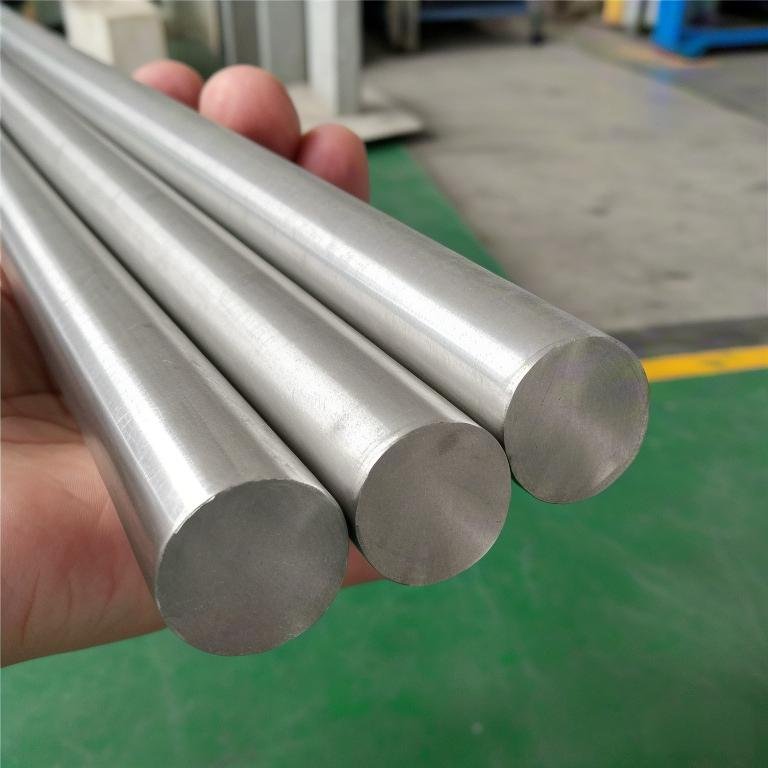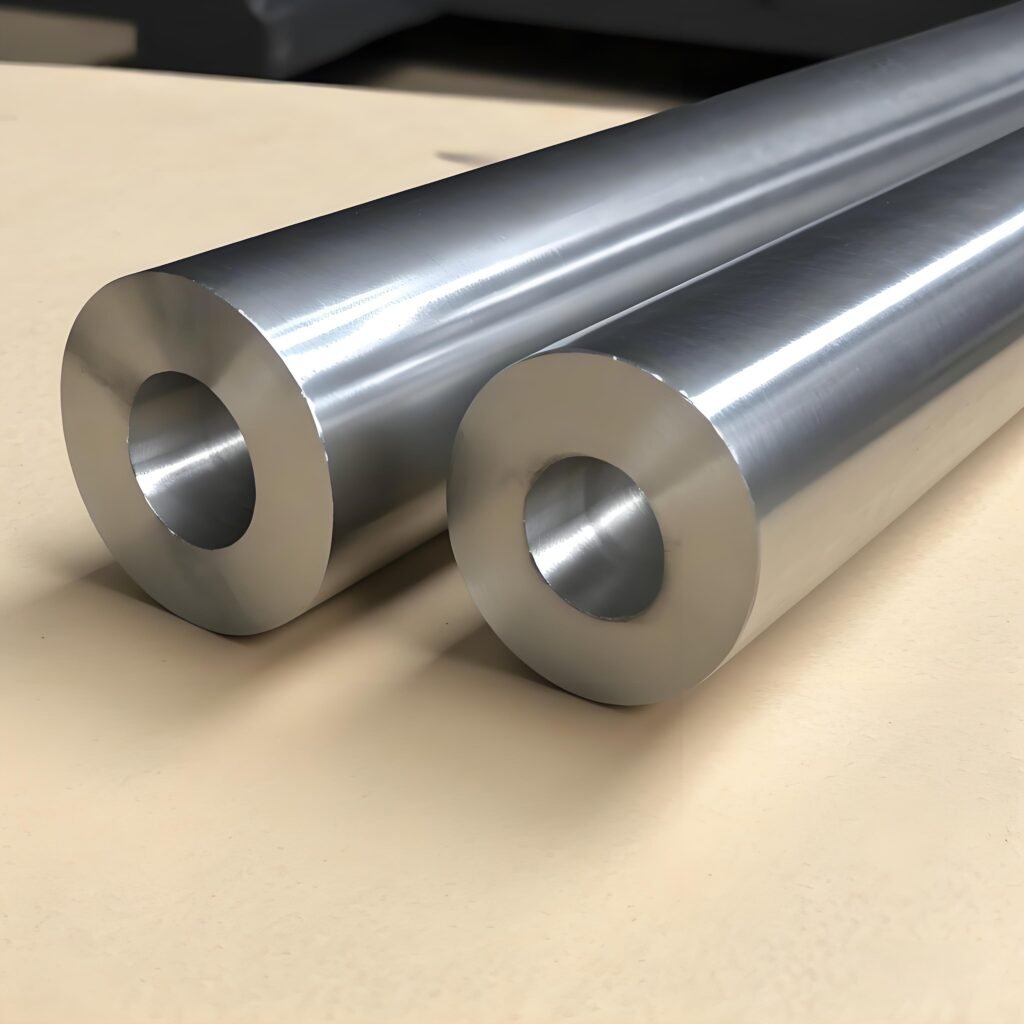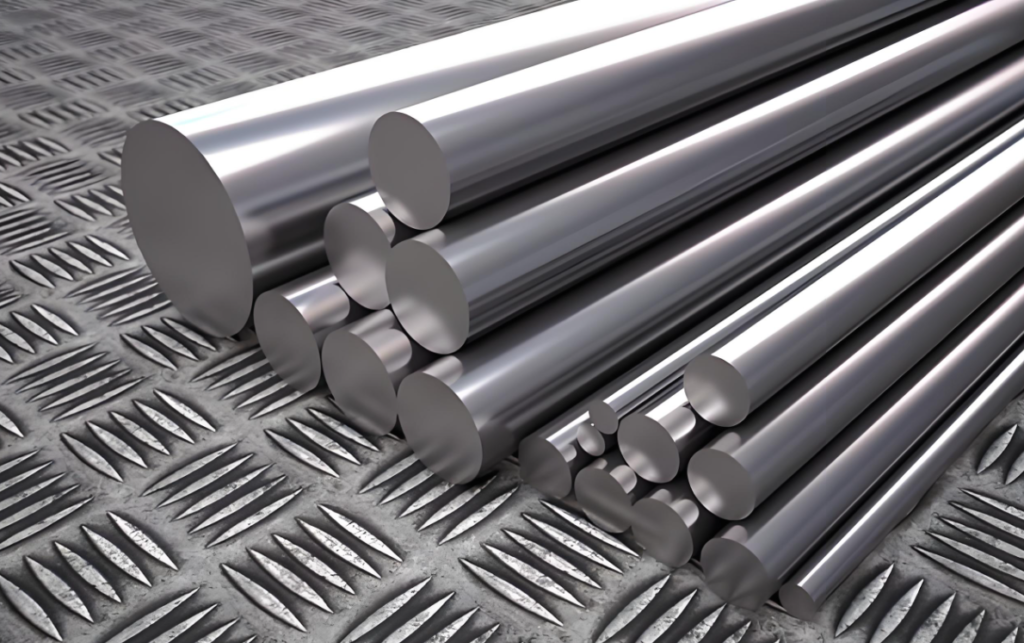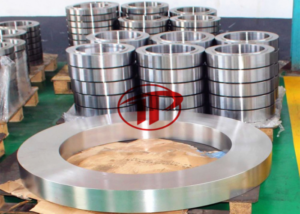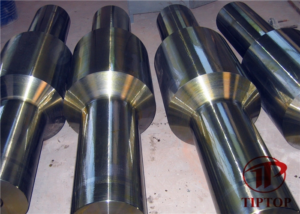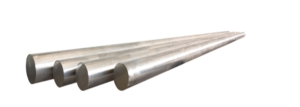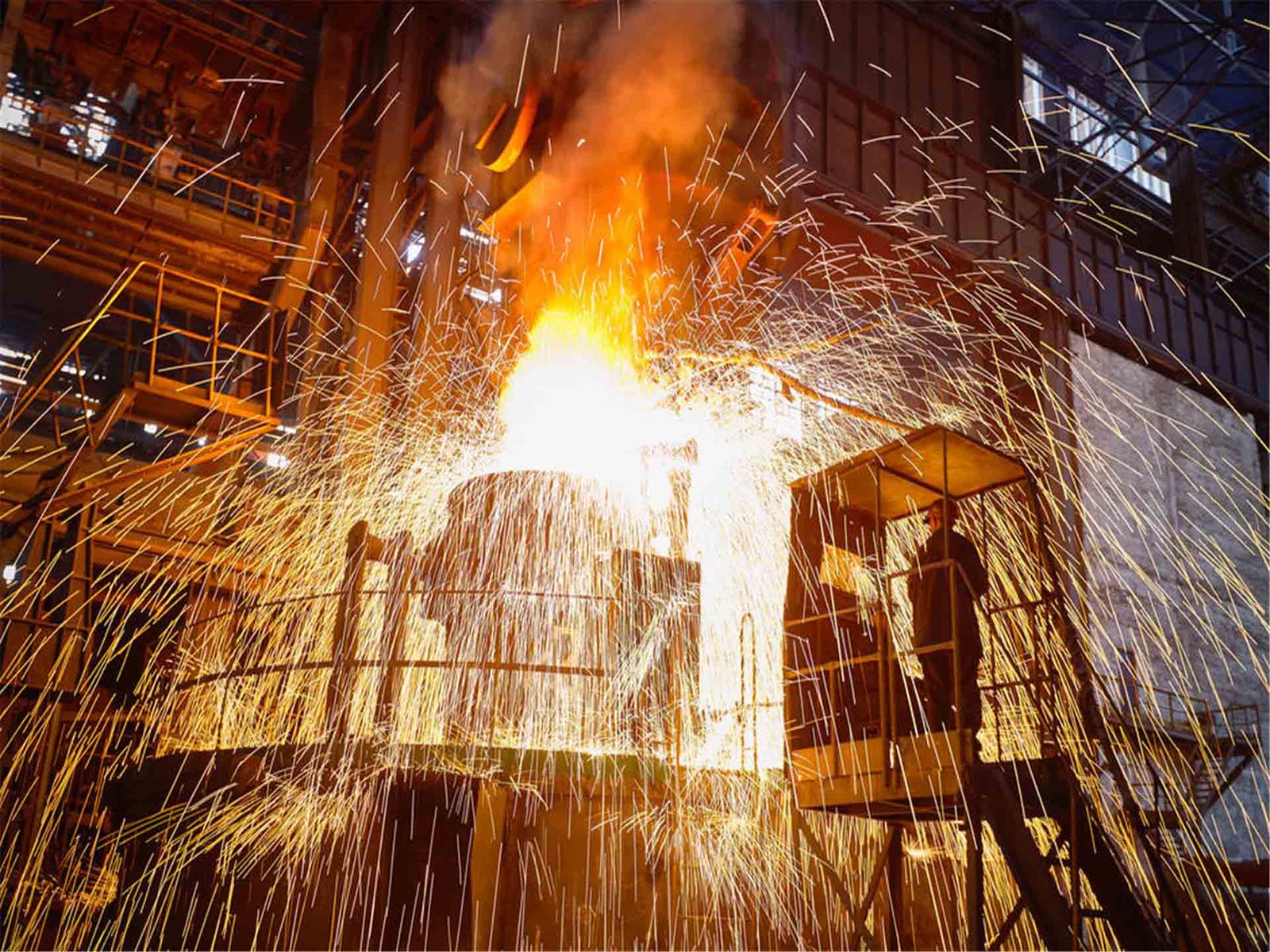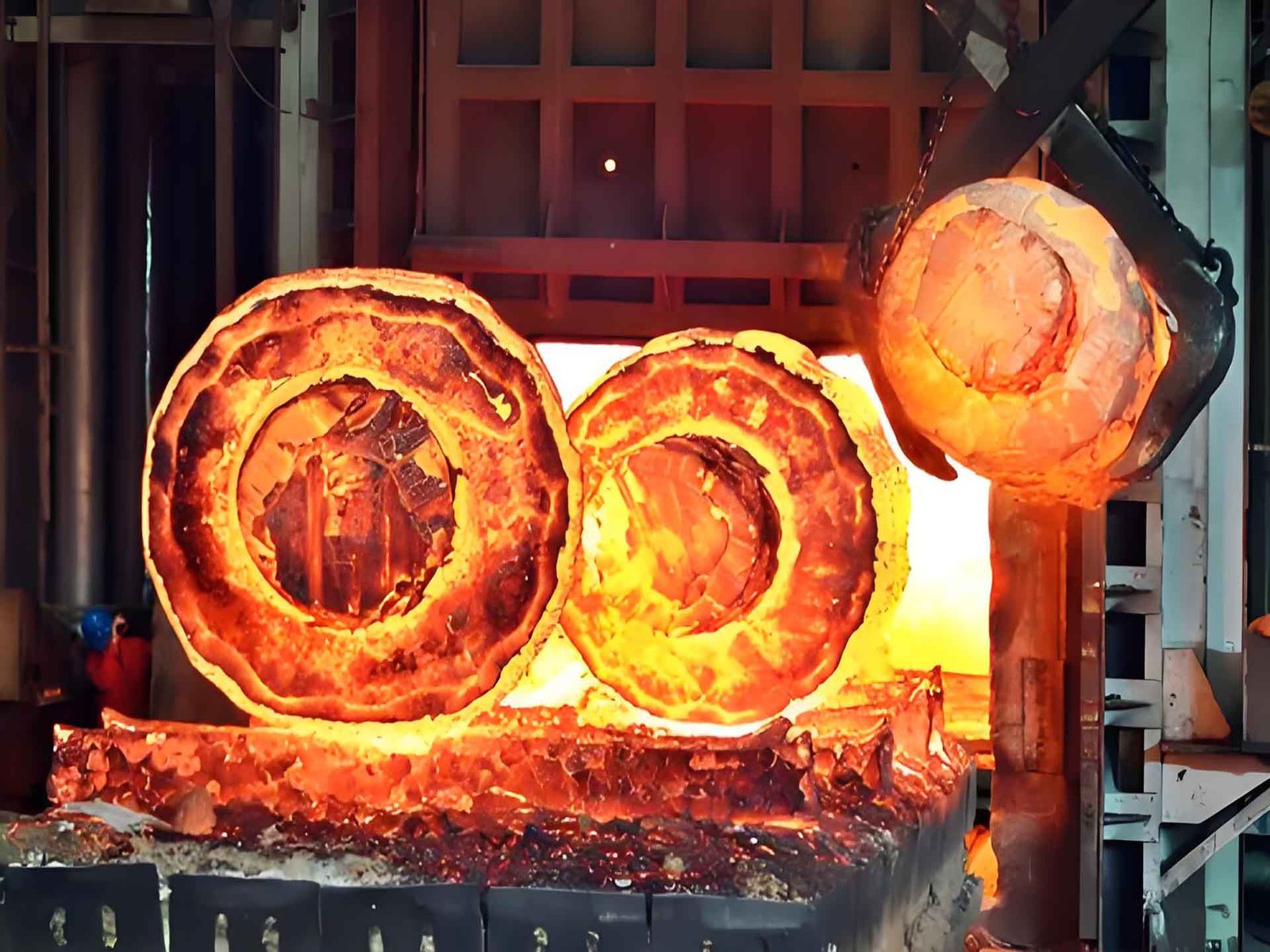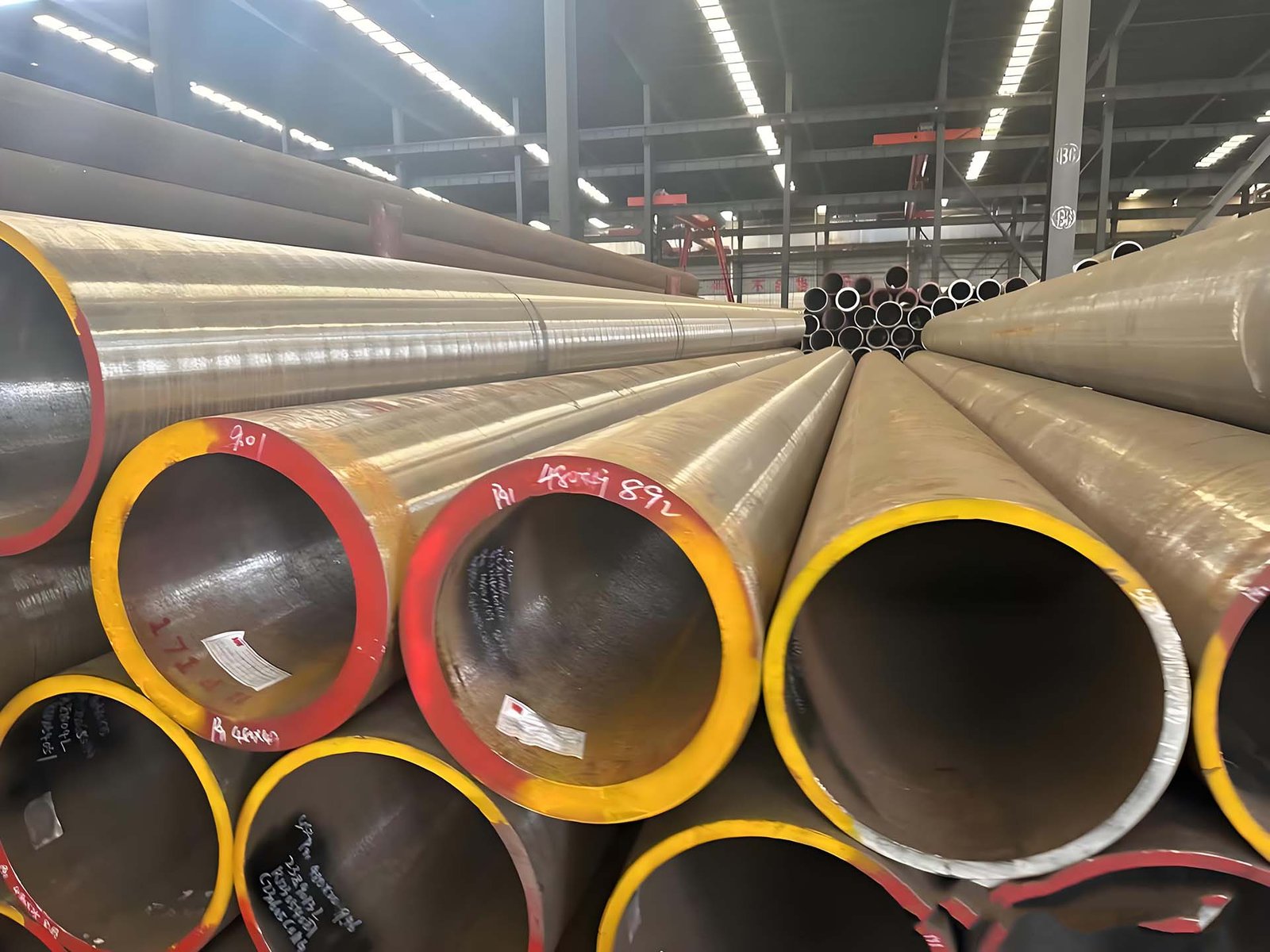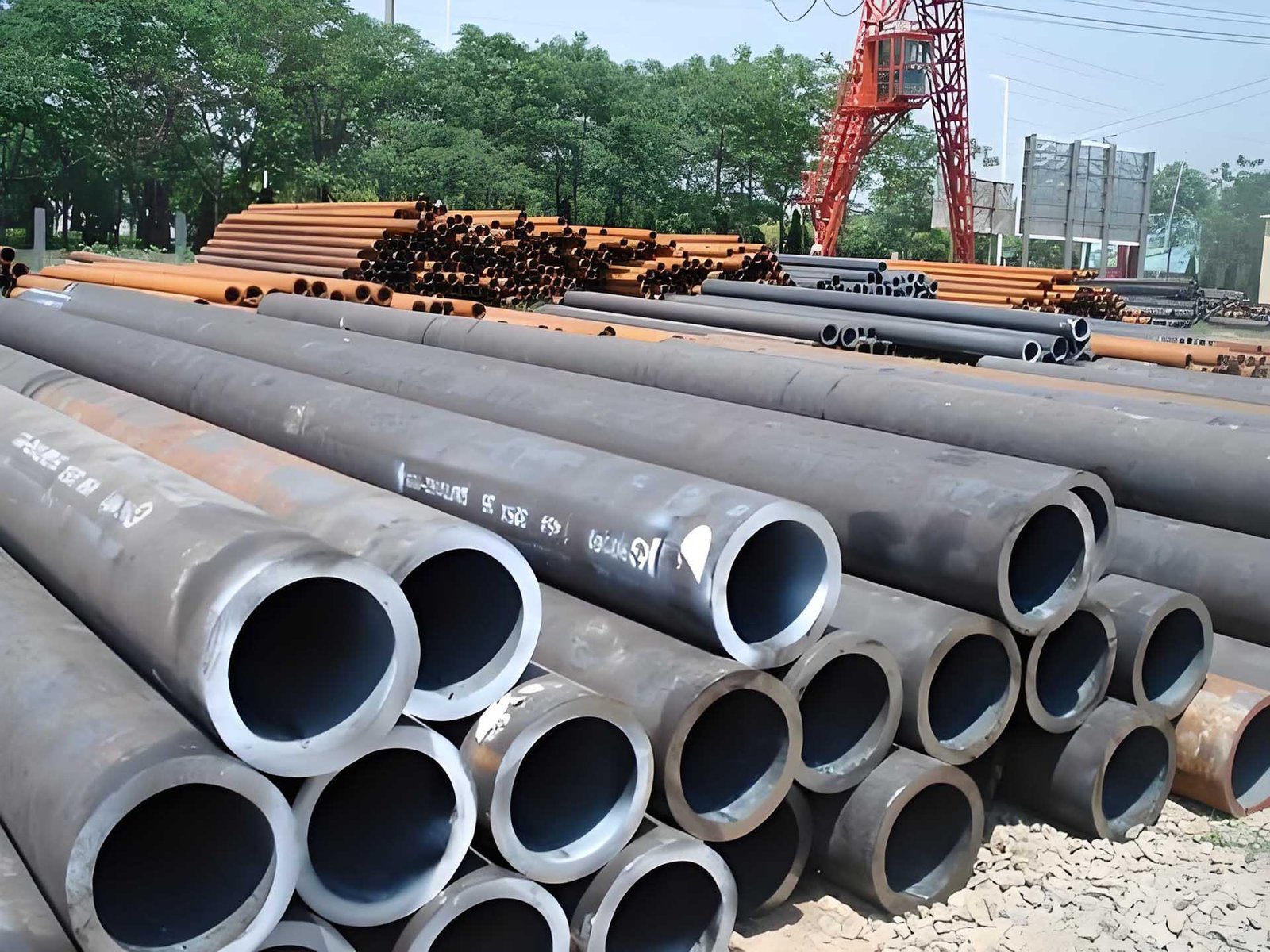Why Flange Quality Matters
Industrial flanges play a imperative function in pipe connections throughout oil & gas, chemical, strength generation, and different sectors. Choosing outstanding forged flanges ensures gadget integrity, reduces leakage risk, and enhances operational safety.
Our Forged Flange Manufacturing Process
Step 1 – Material Selection for Forging
We select premium-grade materials including carbon steel, stainless steel, and alloy steel.
All materials meet international standards like ASTM, ASME, or EN, depending on client specifications.
Step 2 – Heating & Forging
The material is heated to the precise forging temperature range, with strict heat control.
We use open die or closed die forging processes depending on the flange size and complexity.
High-tonnage presses or drop hammers ensure accurate shape and material densification.
Step 3 – Precision Machining
After forging, each flange undergoes rough and final machining using CNC equipment.
We maintain tight dimensional tolerances and ensure optimal surface finish.
Step 4 – Heat Treatment for Strength & Durability
Processes include annealing, normalizing, quenching, and tempering.
These treatments improve mechanical strength, toughness, and corrosion resistance.
Step 5 – Strict Quality Inspection
We behavior non-destructive checking out (NDT) such as ultrasonic and magnetic particle testing.
Every flange undergoes dimensional inspection, hardness testing, and fabric certification.
Final documentation ensures full compliance with consumer and industry standards.
Why Choose Our Forged Flanges?
Exceptional Strength & Reliability
Forged under controlled processes to deliver long-lasting performance in critical environments.
Custom-Made to Your Needs
We support various flange types (Weld Neck, Blind, Slip-On, etc.) and customized specifications.

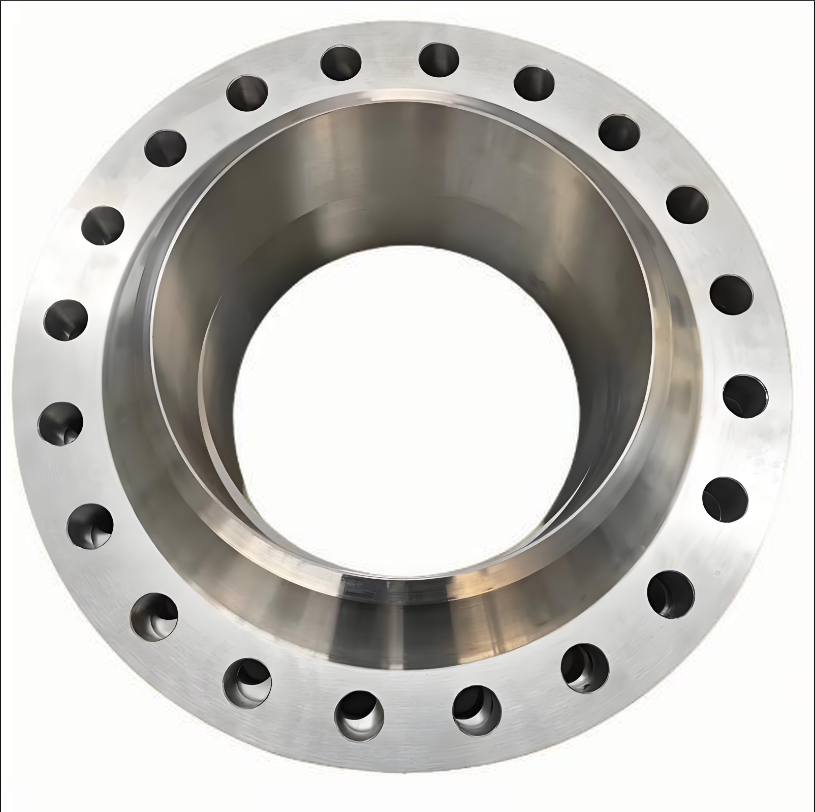
International Standard Compliance
Certified to meet ASTM, ANSI, ASME, EN, and other global quality requirements.
Fast Delivery & Expert Support
We provide fast production turnaround and responsive technical assistance.
FAQs About Forged Flange Manufacturing
Q: What substances are used for cast flanges?
A: Carbon steel, stainless steel, alloy steel, and exclusive substances upon request.
Q: How do you make sure the excellent of solid flanges?
A: Through strict inspection steps inclusive of fabric testing, NDT, and dimensional checks.
Q: Do you grant customized solid flanges?
A: Yes, we provide tailor-made forging and machining options to meet your assignment needs.
Q: Which industries most regularly use cast flanges?
A: Oil & gas, petrochemical, marine, strength generation, and heavy tools industries..
Conclusion – Get Peace of Mind with Premium Forged Flanges
Our controlled process, quality-first approach, and technical precision ensure every flange performs as expected.

